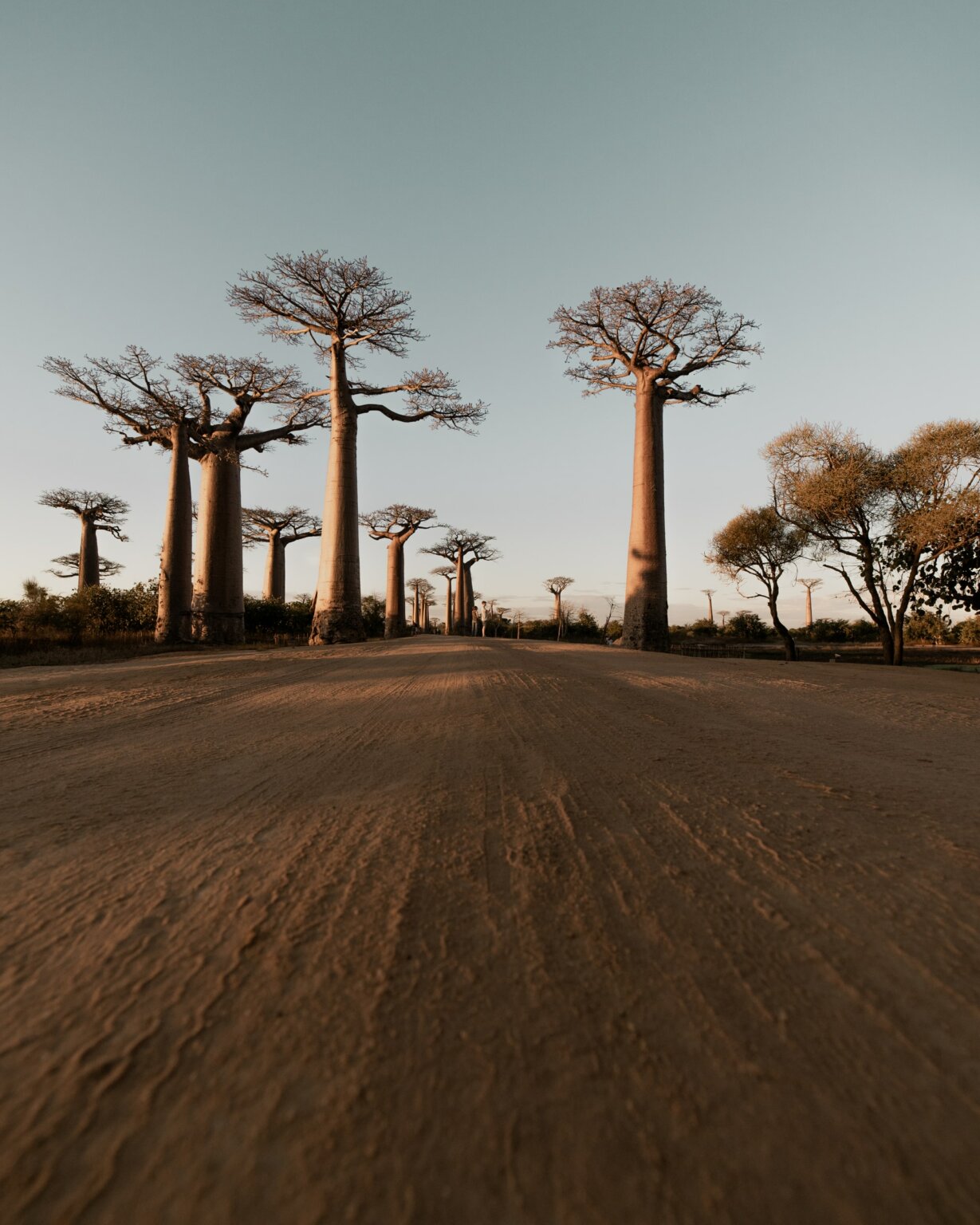- About
- Topics
- Picks
- Audio
- Story
- In-Depth
- Opinion
- News
- Donate
- Signup for our newsletterOur Editors' Best Picks.Send
Read, Debate: Engage.
| topic: | Conservation |
|---|---|
| located: | Gambia, China |
| editor: | Bob Koigi |
The Gambian government’s recent decision to ban the exportation of African rosewood and revoke all export licenses is a commendable and timely move, but one that should be backed by action and implemented to the letter. It is not the first time the country has issued such orders, yet in the past, there has been weak or no enforcement, leaving loggers and exporters to do as they wish. This comes at the expense of the country’s conservation efforts, soils (which remain heavily degraded) and dwindling forest cover.
African rosewood, which comes from the family of tropical tree species, attracts huge demands in Asia, specifically from China, where the wood is used to make premium furniture.
It is one of the most heavily trafficked wildlife products by both volume and value. Research from international NGO, Environmental Investigation Agency (EIA) showed that China imported over 3 million tonnes of the tree, valued at $2 billion, from West Africa between 2017 and 2022.
More research indicates that approximately 1.6 million rosewood trees have been illegally logged in Senegal and transported to Gambia from June 2012 to April 2020.
The recent ban stands a chance of being enforced, coming after The Convention on International Trade in Endangered Species of Wild Fauna and Flora (CITES) banned all international trade of rosewood from West Africa. That suspension applies to the 184 member states that are signatories to the convention, including Gambia, Senegal and China.
But to bolster protection and conservation of such important wildlife products and tame smuggling and illegal trade, governments should put in place robust legislation that prosecutes illegal loggers and traders. Regional bodies like the Economic Community of West African States (ECOWAS), the African Union and international communities should also come up with strict sanctions and measures that discourage the trade. The world must walk the talk in protecting the planet’s flora and fauna once and for all.
Photo by Mildly Useful

